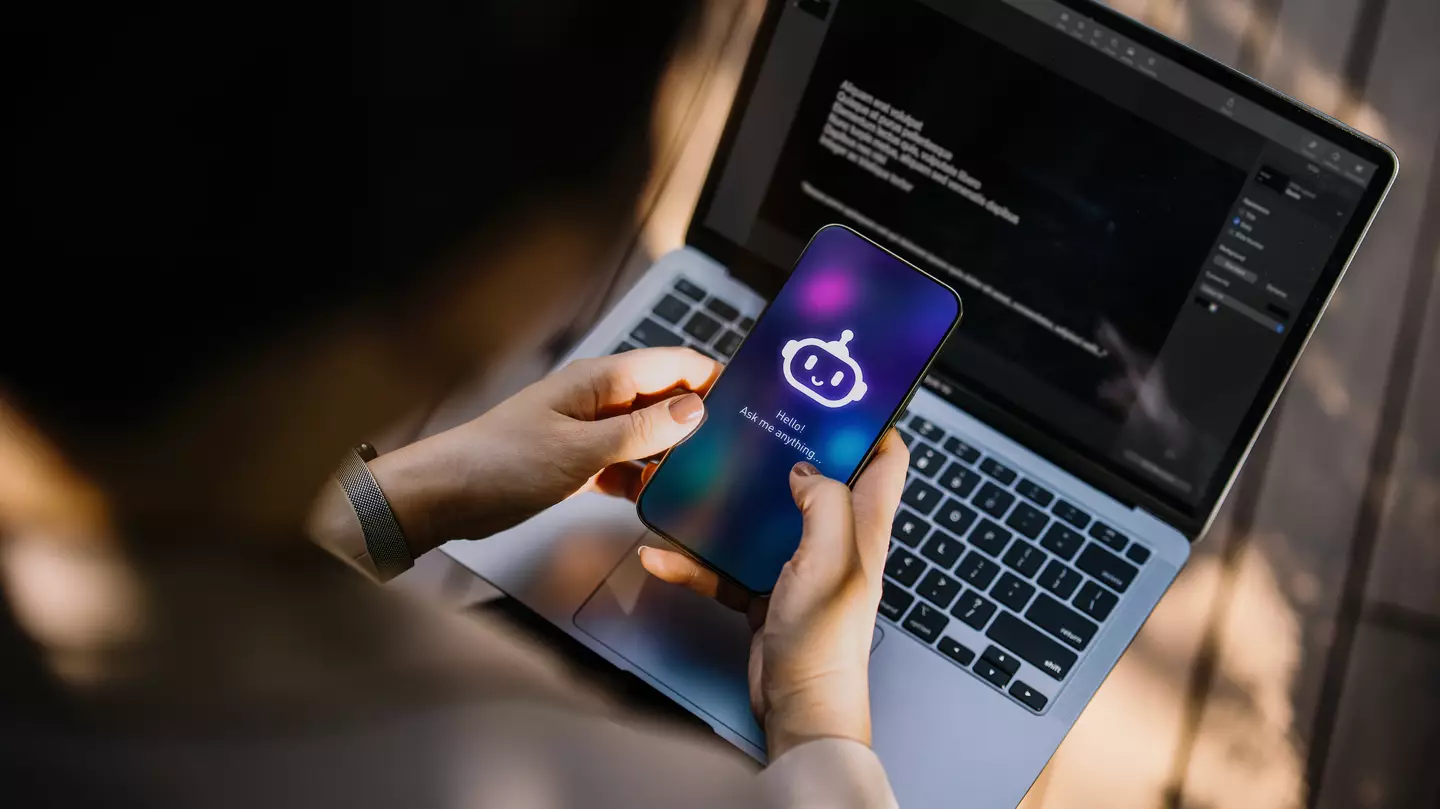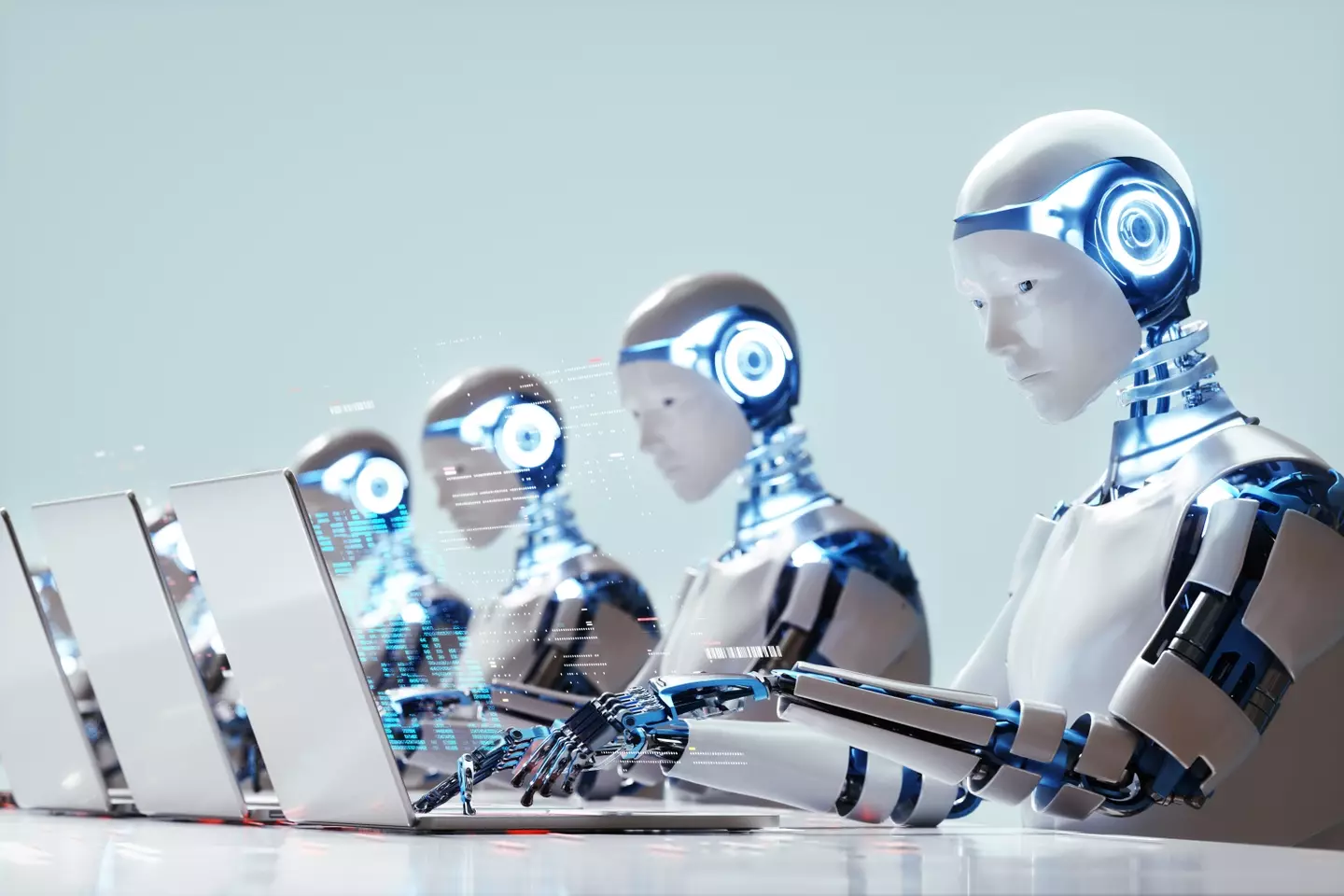
Psychologists are beginning to worry for those becoming ‘addicted’ to the many AI chatbots available and the issues that can develop.
While every company in its existence is pretty much talking about the wonders of artificial intelligence and how it is a supposed game changer in... well everything, some experts have been pointing out some concerning trends.
Though it is clear that AI can be used to make some jobs easier, not everyone is using these AI chatbots with that goal in mind.
Some are using bots like ChatGPT, Grok or Replika for romantic connections, advice and even therapy.
Advert
However, psychologists have warned that those who become over reliant or use these bots excessively could face a series of issues.
These can include disassociating from reality due to how these chatbots respond to your prompts, while also potentially feeding into people’s delusions.

Professor Robin Feldman, Director of the AI Law & Innovation Institute at the University of California Law spoke to Mail Online about the potential dangers of becoming dependent on AI.
He said: “Overuse of chatbots also represents a novel form of digital dependency.
“AI chatbots create the illusion of reality. And it is a powerful illusion.
“When one's hold on reality is already tenuous, that illusion can be downright dangerous."
Another expert, Professor Søren Østergaard, a psychiatrist from Aarhus University has also reflected on those who maybe the most vulnerable to becoming addicted to AI chatbots.
Speaking to the outlet as well, he pointed out that many Chatbots don’t say no or tell people they are wrong, meaning many of their comments and points go uncriticized, unlike conversations with real people.
People who lack strong relationships in the real world and are vulnerable due to other mental health issues can be particularly at risk.
.jpg)
Østergaard said: “'LLMs [Large Language Models] are trained to mirror the user's language and tone.
“The programs also tend to validate a user's beliefs and prioritize user satisfaction. What could feel better than talking to yourself, with yourself answering as you would wish?”
Back in 2023, the psychiatrist wrote a paper warning that AI had the potential to fuel people’s delusions.
He noted that artificial intelligence can ultimately act as a ‘catalyst’ for psychosis for people who are genetically disposed to delusions, especially people with bipolar disorder.
Researchers have noted that AI feeding into the delusions is part of the reasons that can make theme so addictive.
Topics: Artificial Intelligence, News, Technology, US News, Mental Health, Psychology